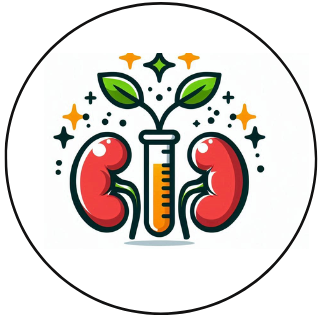The Road to Recovery After Kidney Transplant
Part 1: Setting the Stage for Recover
The journey after a kidney transplant is a whole new phase filled with adjustments and hope. One of the most crucial parts, your diet believe it or not, can hugely impact how well your new kidney works.
Think about it like this: post-surgery, your body is trying to get back on its feet and needs all the support it can get. This means fuel from the right foods plays a big role in recovery. A kidney-friendly diet isn’t just about avoiding certain foods; it’s about giving your body what it needs to heal and thrive.
After a transplant, the kidneys are adjusting to their new role in your body. Eating the right foods helps them work better without putting too much strain on them. Also, keeping an eye on your diet helps manage weight, blood pressure, and other factors crucial for long-term kidney health.
So, yes, the journey might require a few tweaks to your eating habits, but it’s all about nurturing your body and giving that kidney the best chance to kickstart a new chapter of health and well-being. Embracing these dietary changes can lead to a more energetic, balanced you.
Key Nutritional Considerations for Post-Transplant Patients
So, you’re on the road to recovery with your new kidney, and it’s time to chat about what your body truly needs. Nutrition after a kidney transplant is a bit like fine-tuning an engine; getting the mix just right can make all the difference.
Let’s talk protein. Your post-surgery body uses more protein to heal wounds and build cells. But hold up before you dive into a steak! Think lean sources, like chicken, fish, and plant-based proteins, which are kinder on your kidney.
Now onto sodium, potassium, and phosphorus. These are the sneaky guys that can affect blood pressure and how your kidney works. Keeping sodium down means steering clear of salty snacks and being mindful of packaged foods. Potassium is trickier; it’s in so many healthy foods, but too much can be risky. Your healthcare team can help you figure out the right balance.
A big part of this is keeping your blood pressure in check. High blood pressure puts extra stress on your kidney, so embrace foods that help maintain a healthy level. Think whole grains, fruits like apples and berries, and vegetables that aren’t high in potassium.
With these tips, you’re not just helping your kidney; you’re setting yourself up for a long, energetic, and vibrant life. It’s about finding that balance and making food your ally in this journey.
The links in this post are to other posts giving more information about the particular topic.

